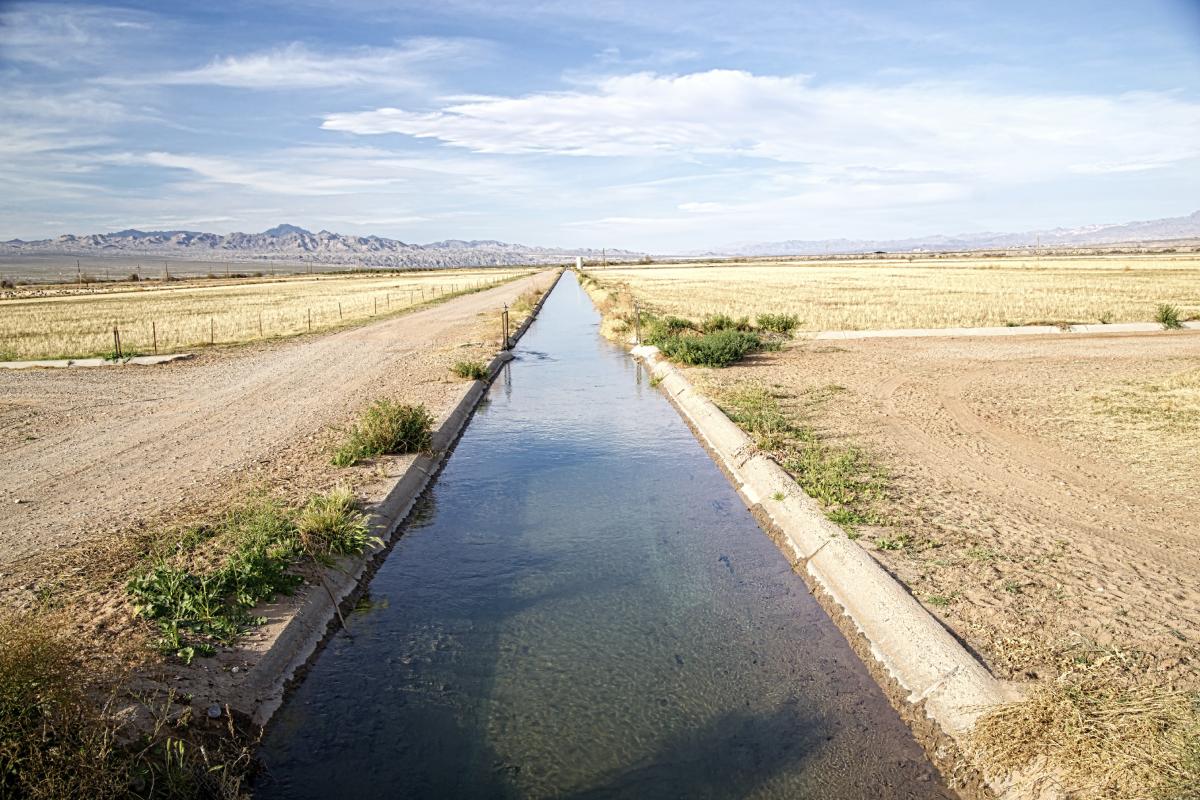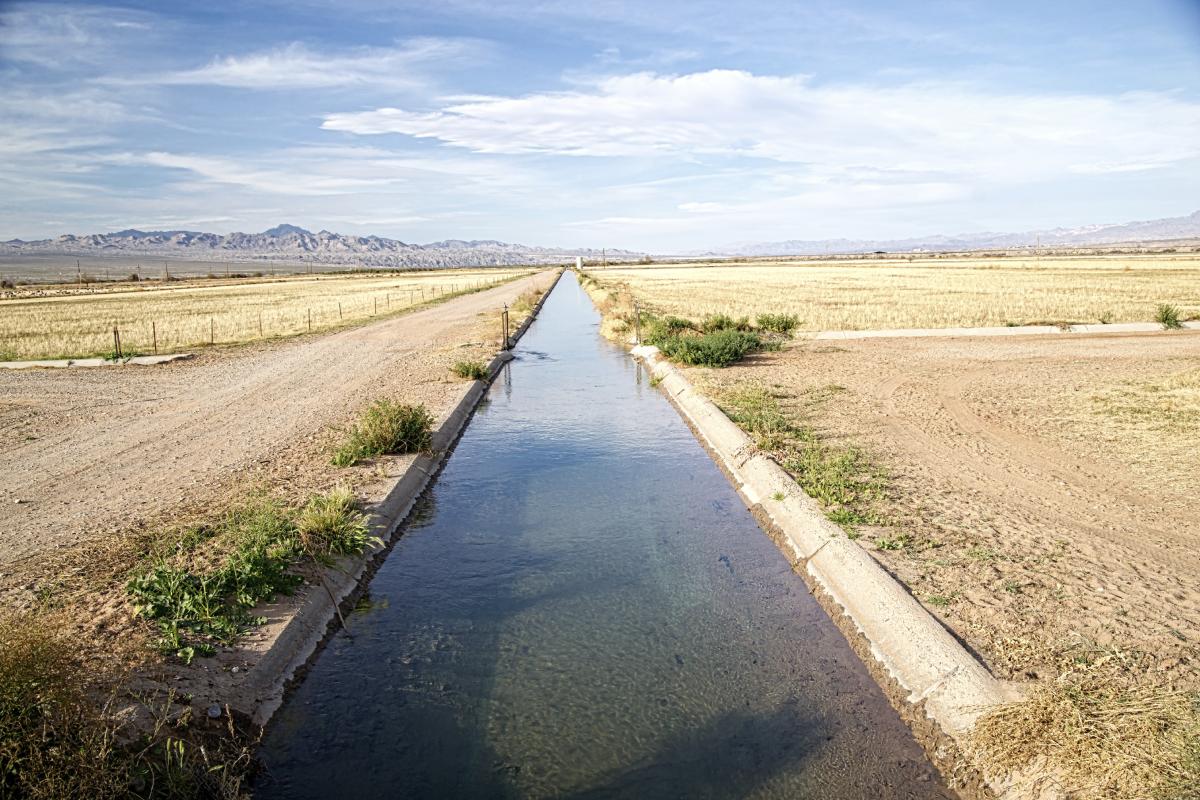Image source: Woodkern
As a 2015 PERC Impact Fellow, I chose to research water markets. Specifically, I looked at the current drought situation in the state of California. During my fellowship, I worked alongside PERC Senior Fellows Terry Anderson and PJ Hill, and other water scholars like Reed Watson and Zack Donohew, from whom I learned several important things about dealing with water scarcity:
Stress and conflict lead to counterproductive finger-pointing.
58% of Californians believe that the lack of water supply is the most important environmental issue facing the state. With the majority of the population believing that California is in a state of crisis, it’s no wonder that people are drought shaming instead of coming up with real solutions to California’s water crisis.
In America’s “Wild West,” water markets emerged to reduce conflict.
As more people moved to the frontier, water became more valuable, so ownership of water sources and in-stream flows evolved to allow the voluntary exchange of water rights.
Whiskey is for drinking; water is for cooperation?
Problems arise when there are competing demands and no clear property rights for scarce water resources. H2Ownership is a way to avoid conflict. With ownership, people consider both present and future uses of water, so water scarcity is reflected in its price. Allocating shares to water gives people the incentive to earn, own, sell, conserve, or even donate their water.
Farmers respond to drought conditions.
California agriculture is resilient. In response to the current drought, citrus growers have switched from raising lemons, limes, and oranges–which are water intensive–to raising grapes, because vineyards use less water than citrus groves.
Farmers in California have also learned to conserve water by adopting new technology.
Variable Rate Irrigation (VRI) is a precision irrigation system that allocates water according to the soil moisture and geographic conditions of the land.
California can learn from the Land Down Under.
Australia’s water market reforms helped wetlands and floodplain ecosystems recover from the Millennium Drought.
During my Impact Fellowship, I not only learned about the evolution of various institutions to manage water, but I also applied my new training to understanding current policy debates. PERC’s decades of water research helped me explore some of the questions people are asking about California’s current crisis:
- Is it all the Delta smelt’s fault?
- Are almond farmers to blame?
- Are water restrictions working?
- Should Kim and Kanye water their lawn?
- What’s the best way to manage water in a populous state reeling from drought?
Stay tuned for the “Eight Great Myths of California’s Water Crisis.” We’ll provide answers to these questions and more. Sign up for PERC’s newsletter to be notified once it’s published.




